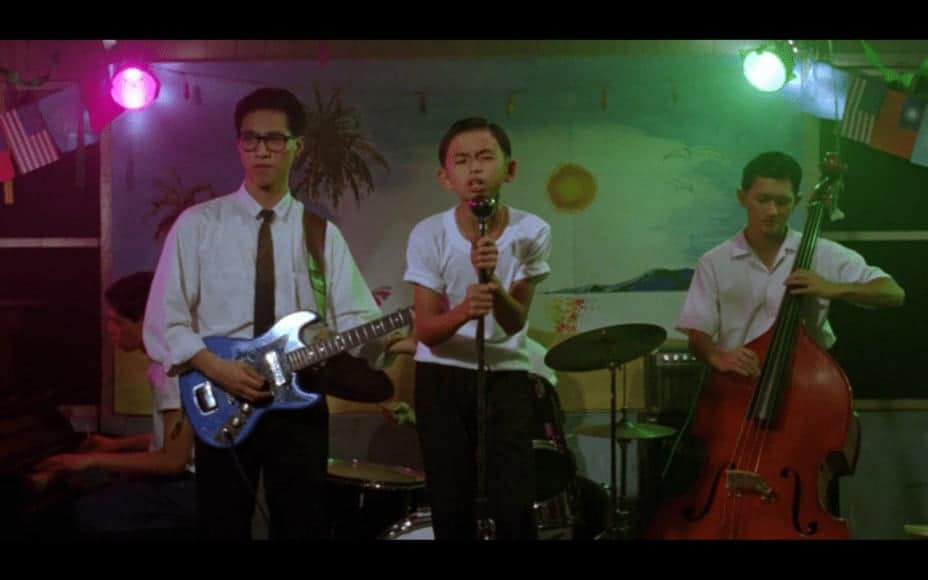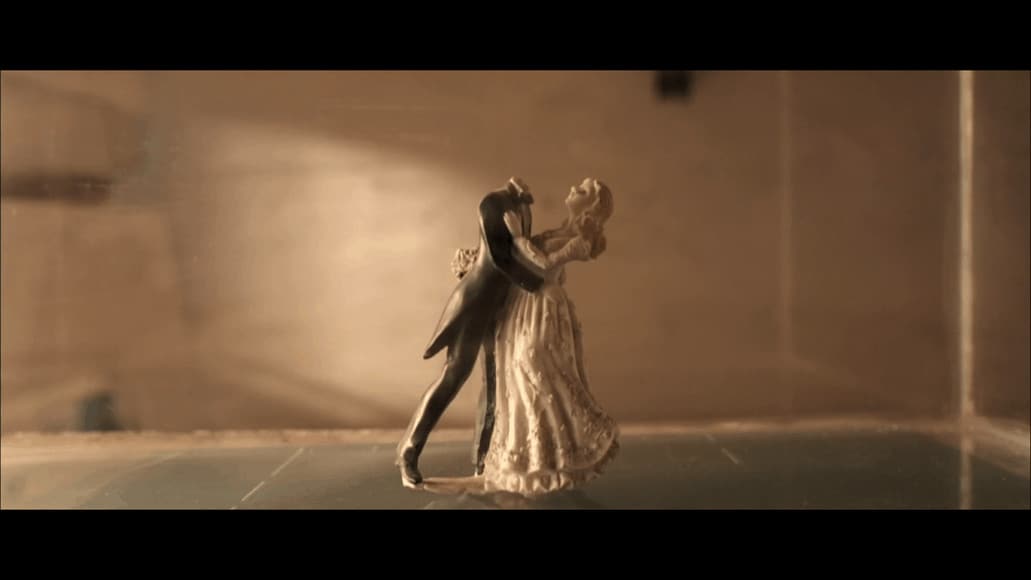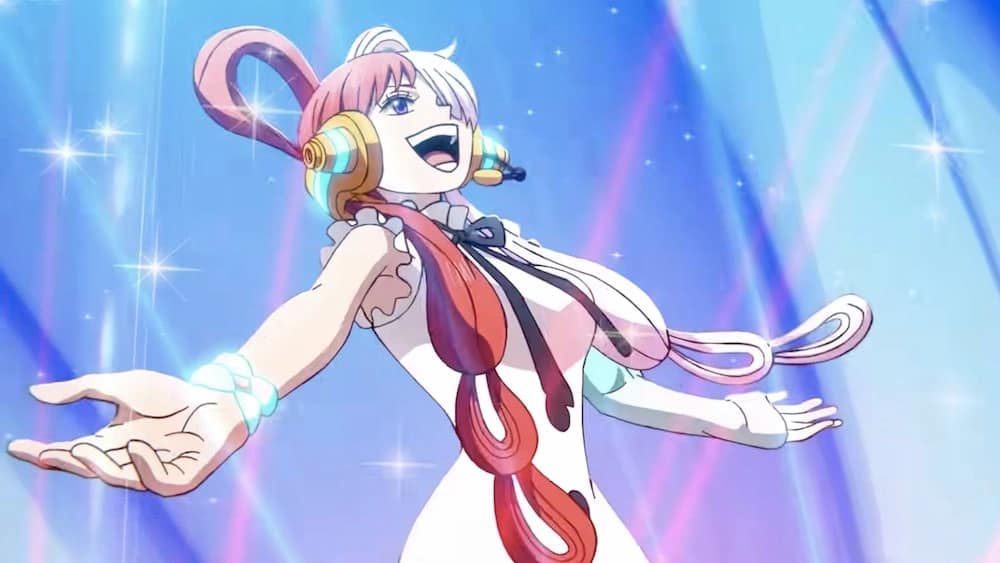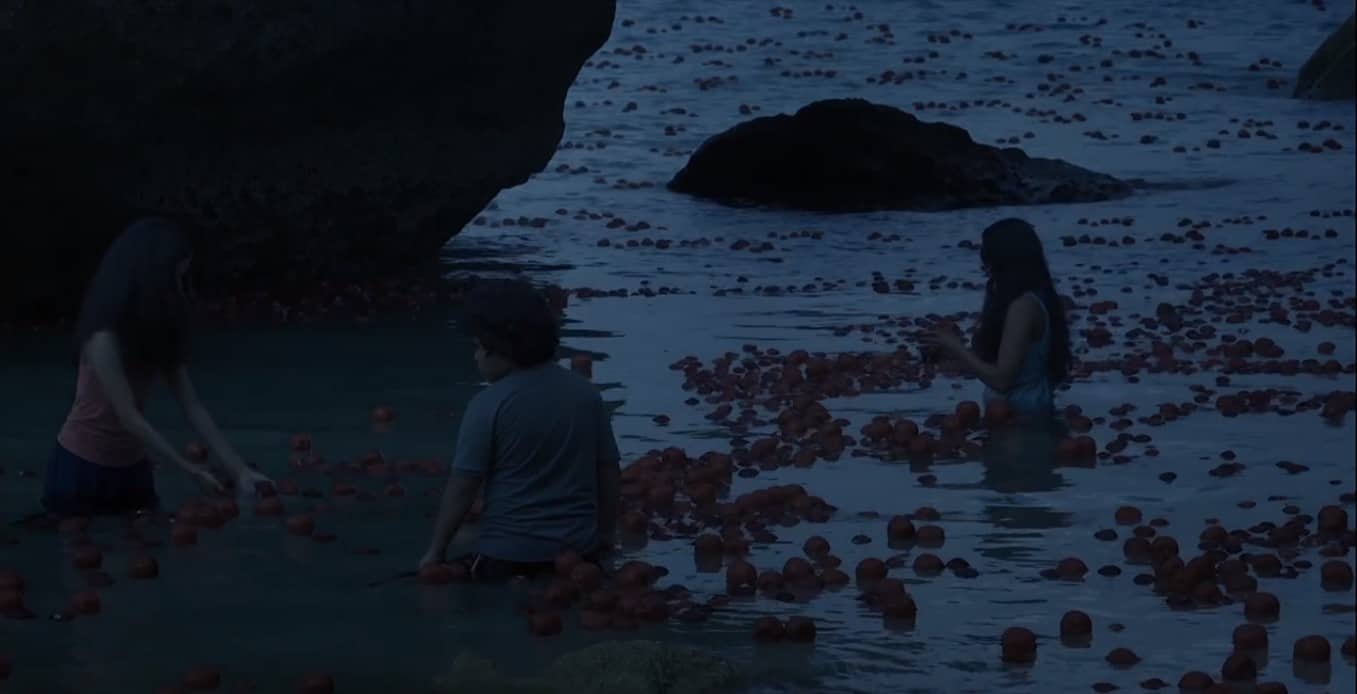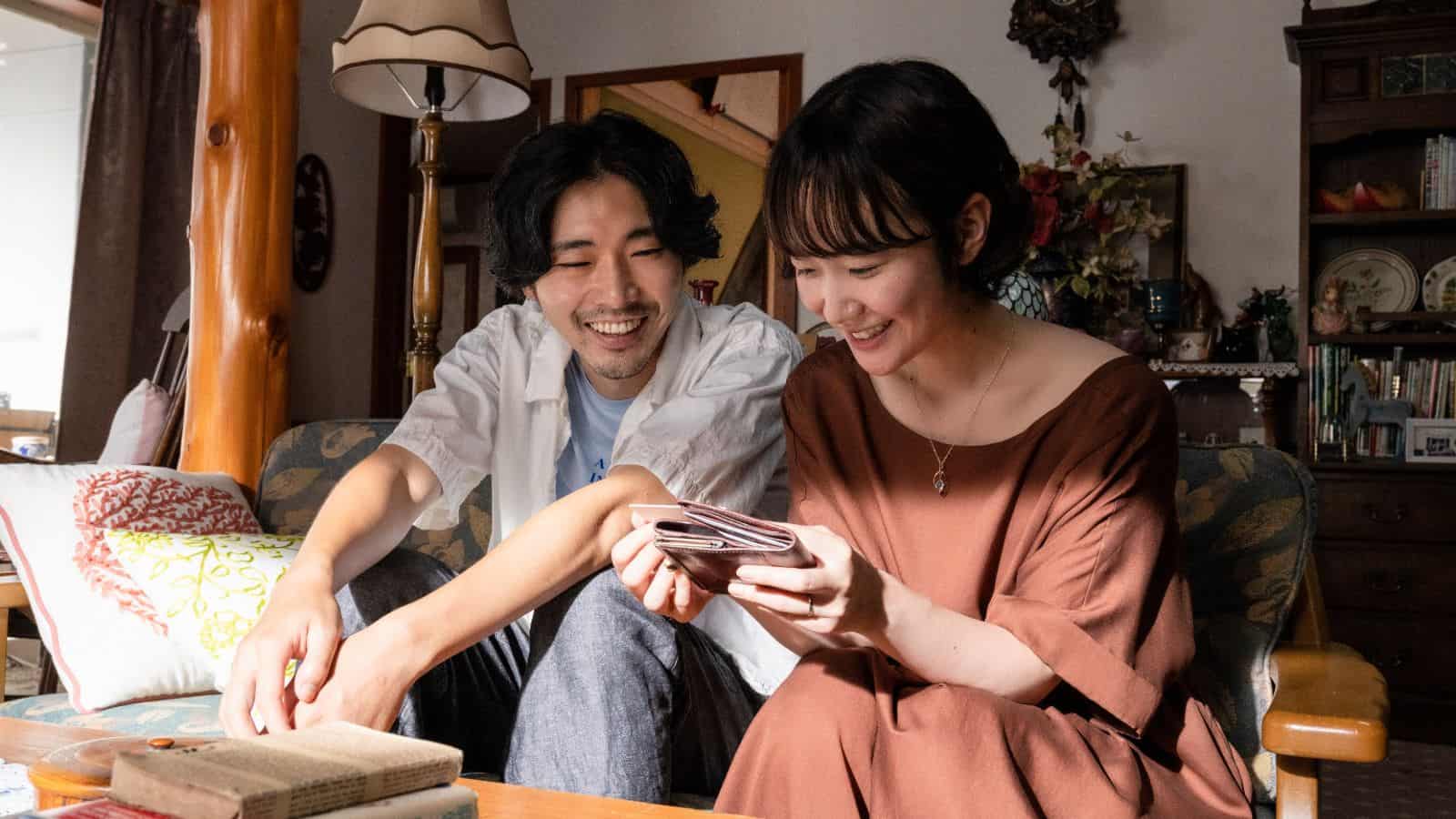“Spring disappears
Without a trace,
Leaving nothing behind…”
When Edward Yang's “A Brighter Summer Day” was released by Criterion on the European market in 2017, many cinephiles – at least those who did not own a region free-player – were able to enjoy a film many had praised over the years but only a few had actually seen. Even though Yang's film is certainly not the only title which has become much sought after by film fans, for years after its release in 1991, “A Brighter Summer Day” was a title which one could only enjoy at festivals and selected screenings. Along with “Yi Yi” (2000), 2018 marked the year in which many film fans could enjoy two of the most significant titles within Asian cinema, news which Yang surely would have been delighted to hear given the amount of work he put into his films, but also considering their themes.
Even though any work of art bears a certain connection to its creator, one could say “A Brighter Summer Day” is a very personal film for Yang. At the core of his fourth feature film Yang deals with the large number of Chinese immigrants who came to Taiwan in 1949 after the political victory of the Chinese Communists. Born in 1947 in South China Yang's parents were among those who fled to Taiwan, a transition which left distinct traces within his family. In his notes on “A Brighter Summer Day” Yang states the film is dedicated to his father and his struggles to make ends meet during those years, as well as those part of the “forgotten”, as he calls them. The project, which took Yang three years to make, is also an attempt to reconstruct time and history in a way, aspects which many of his parents' generation are too afraid to confront and rather believe in the “official version”.
However, much of this “official version” contradicts what Yang, along with many of his colleagues, have experienced in their childhood and teenage years. Given this context, along with the years of propaganda and censorship in Taiwan, one understands the ambitious definition of the medium Yang employs in his notes on the film. To film scholars like Tony Rayns “Yi Yi” and “A Brighter Summer Day” are therefore attempts to “re-read the past”, to create a version outside the version which has obscured the reality of many events.

Xiao Si'r (Zhang Zhen) and his family have immigrated to Taiwan in 1949. While his father (Zhang Gouzhu), a former university professor, still struggles to find a job for himself and his wife (Elaine Jin), who had worked as a teacher in China, he and his siblings try to find their own way in the city of Taipei. At night school Si'r has become a member of the Little Park Boys, a gang led by the charismatic Honey (Ling Hung-Ming), who had to leave the city after a violent encounter with a rivaling gang member.
As tensions rise between the gangs, especially after a gig of a local rock'n'roll was disturbed by gang violence, Si'r must find a way to stay loyal with his friends, but also not to disappoint his parents who are constantly worried about his performance at school. At the same time he befriends Ming (Lisa Yang), Honey's girlfriend, and find himself attracted to the young girl. But as Honey returns to Taipei Si's has to choose who he stays loyal too, especially with a new wave of violence about to erupt between the gangs.
Over the nearly four hours running time of “A Brighter Summer Day”, one cannot help but admire the sheer scale of the story Yang tells here. Much like in his later film “Yi Yi” characters and space are closely intertwined, creating a near unbreakable union of one being unthinkable without the other. In the case of “A Brighter Summer Day” Yang and his writing team have added an emphasis on the issue of the period depicted on screen. Set at the beginning of the 1960s, one can witness the old generation trying to come to terms with the realities of the still foreign country, while at the same time the new generation inheriting a sense of rootlessness and feelings of being outcast. Popular culture, rock'n'roll music, films and fashion, are the insignia of the youth, but also something of a shared experience uniting those whose language and origin still differentiates them.
Their similarities notwithstanding, the differences between the male figures depicted in “A Brighter Summer Day” shed more light on the various generations and their experiences. This is most important when it comes to the two main scenes between Si'r and his father, each one taking place immediately after a discussion with the principal of the night school Si'r attends. Each one hunched over their bikes as they make their way home, one witnesses the longing for connection – Si'r expressing regret and the will to change, his father helplessly escaping into phrases of hard work being rewarded, something which he seemingly has trouble believing himself. It is evident these two want to find a common denominator, but at the same time their difference in experience and space has already drawn a significant border between them.
Obviously, this unfulfilled longing defines one the key factors in the film, one which is not individual, but universal among those characters shown in “A Brighter Summer Day”. The teenage characters in the film are often compared to the rebellious men and women from Nicholas Ray's “Rebel Without a Cause” or Steven Spielberg's “American Graffiti” (for example by Godfrey Cheshire). Music and, of course, gangs define a substitute identity, a code of loyalty to follow and a hierarchy which – at least in theory – is more open than the one in real life, the one Si'r's father still feel loyal to despite being disappointed by it. However, Yang stresses how gangs such as these have indeed been part of real life back in those days, a fact he mentions in the opening text of the film.
Additionally, one of the cleverest concepts of the film, one linked to the aforementioned ideas, is the use of light and shadow. As he spies inside a film studio close to his school Si'r and his friend Cat (Wong Chi-Zan) are caught by the crew, and during their escape Si'r manages to steal a large flashlight from one of the guards. The light thus becomes an almost permanent companion for the young man, a source of light in the closet serving as his room as well as a useful tool during his nightly tours. Similar to the son's camera in “Yi Yi” the torch becomes a means to reveal what is hidden, to discover the world around him as he witnesses acts of violence, but also his affection for girls.
Nevertheless, none of these discoveries seem to have the power to change. In one of their arguments Ming confronts Si'r about his inability to deal with change, a character trait he has seemingly witnessed by his father who also has his problems coming to terms with changed circumstances. Young actor Zhang Zhen wonderfully plays a man living within the paradox of changing times, while holding on to the way things are, for example within the framework of the gang's hierarchy and code. Naturally, a relationship, or even friendship beyond the gang, prove to be a difficult challenge.

“A Brighter Summer Day” is a story about identity, adolescence and change. At the same it is a depiction of a family and their struggle to let go of the past, to acknowledge the new reality, but also a society constantly throwing rocks in their way. Its cinematography by Chang Hui-Kung and Li Long-Yu create a mesmerizing vision of Taipei, one which does not gloss over the violence and ugliness of some of the events, but one which is also aware of the beauty inherent in those images. All in all, “A Brighter Summer Day” is a great experience to watch, one which will make one laugh and cry, one which will surely find its way to the hearts and minds of the audience.
Sources:
1) Cheshire, Godfrey (2017) Coming of Age in Taipei
2) “Everyday Realities. Tony Rayns on New Taiwan Cinema and Edward Yang” (2017)
3) Yang, Edward (1991) Director's Note


